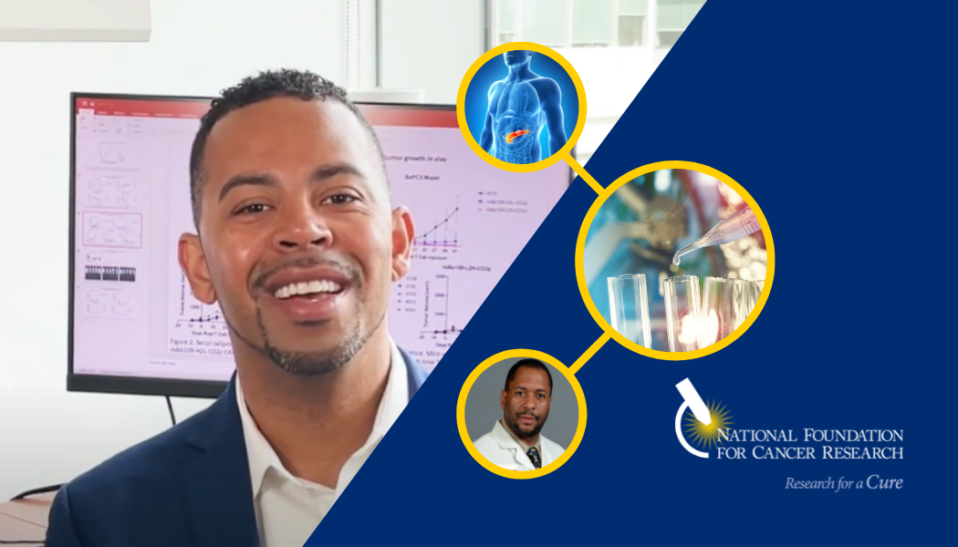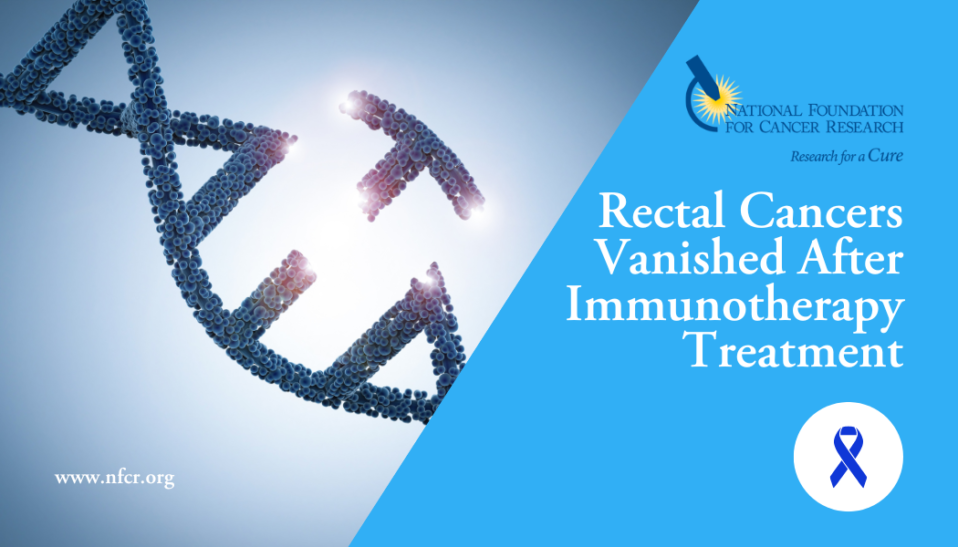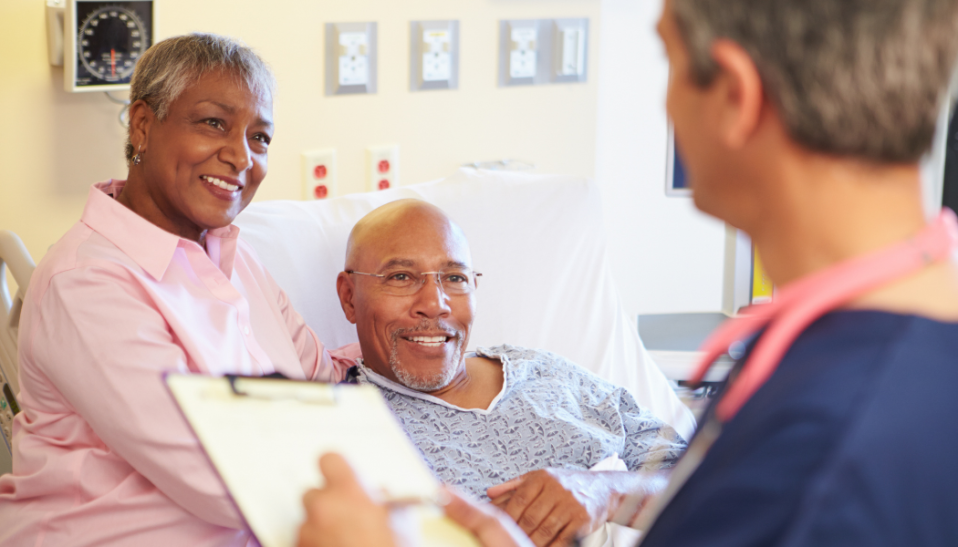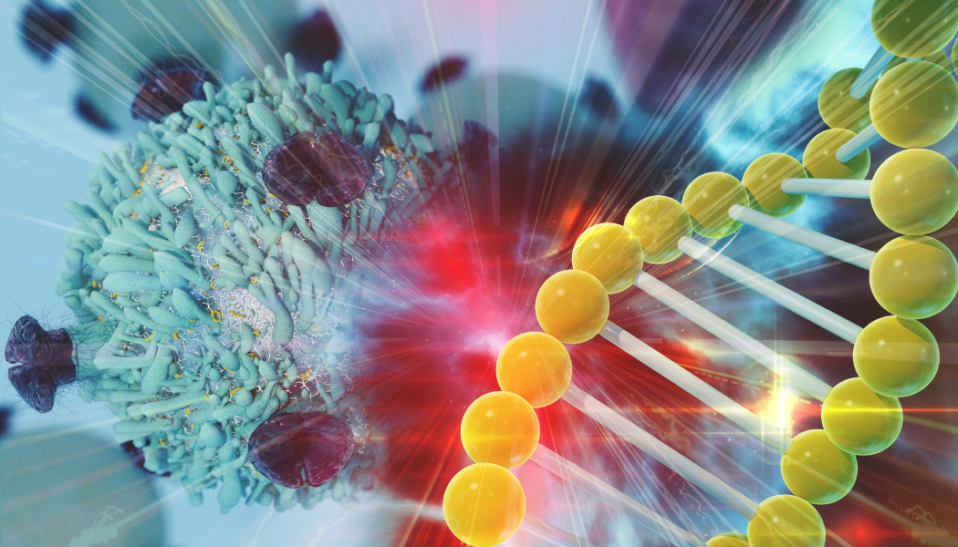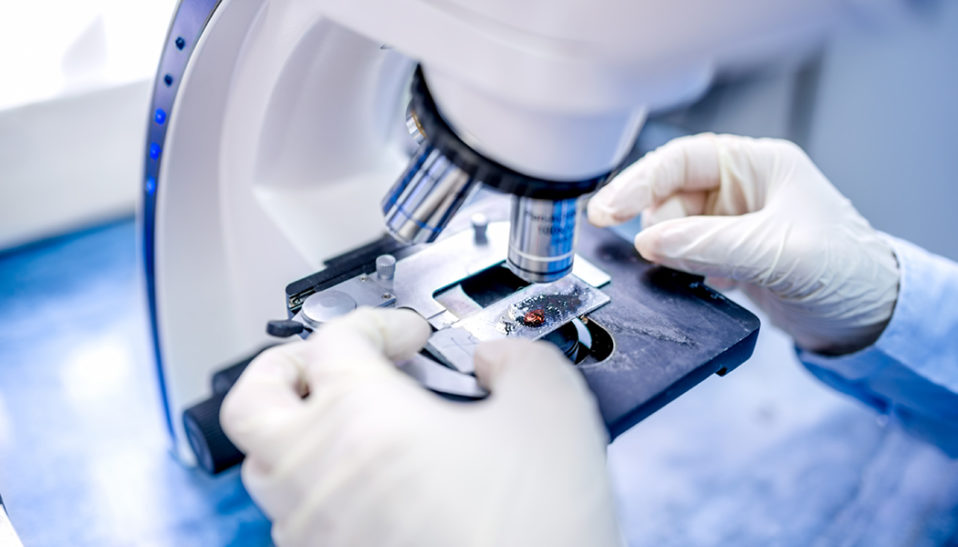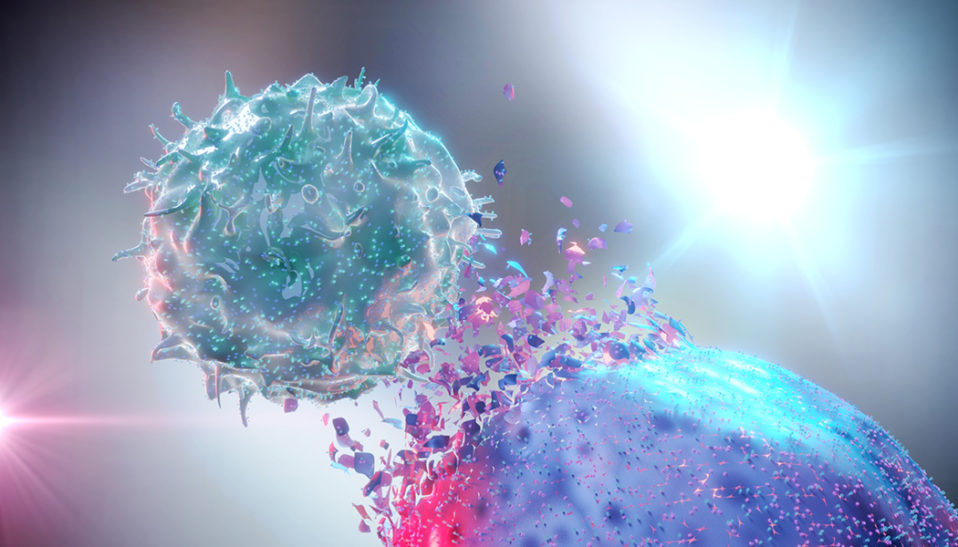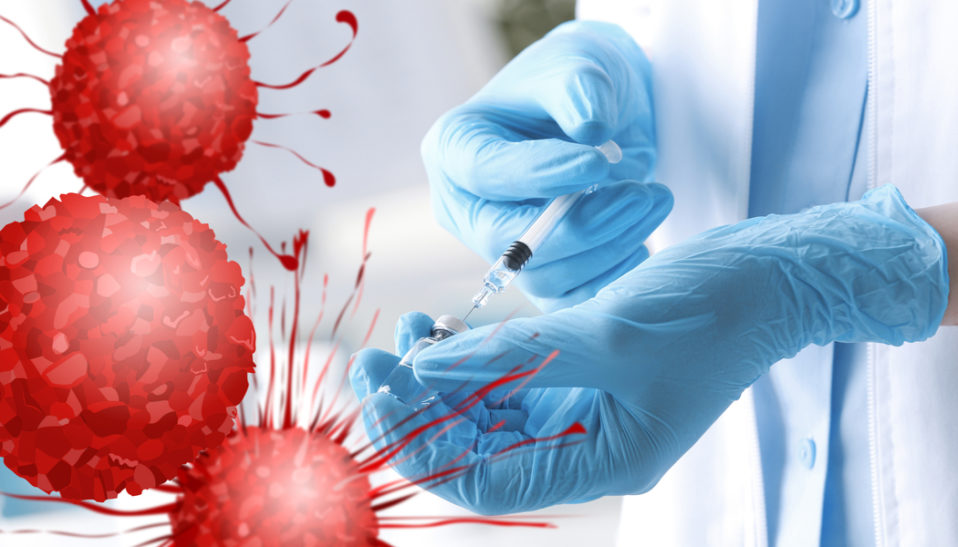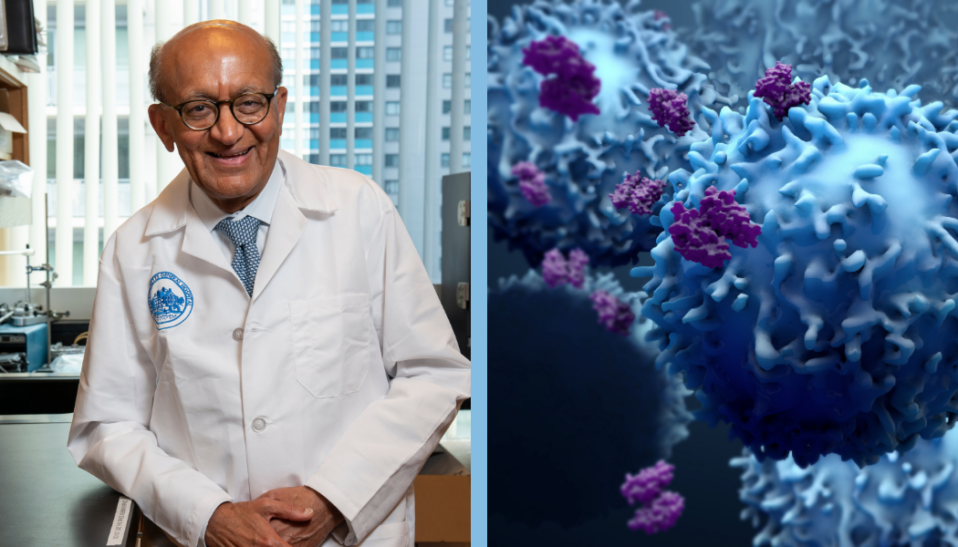Free Cancer Screening Guidelines
New Research Sets Physical Activity Goals for Cancer Prevention
Getting the body moving can be particularly challenging during winter when many parts of the country are under an icy blanket of snow. Undoubtedly it is more comfortable to stay snuggled up on the couch dreaming of spring. However, new research shows that physical activity prevents cancer – and the gold standard…...
Exercise Training May Slow Tumor Growth and Improve Immunotherapy Outcomes in Breast Cancer Treatment
Exercise plays an important role in preventing a variety of cancers. A recent study has increased the importance of maintaining a well-balanced and active lifestyle – indicating a positive outlook for many breast cancer patients. National Foundation for Cancer Research (NFCR)-funded scientist Dr. Rakesh Jain, and his team at Massachusetts General Hospital and Harvard Medical…...
Natural Killer (NK) Cell-based Treatment Demonstrates Its Potential to Become an Effective Novel Cancer Therapy
Natural Killer (NK) cells are specialized lymphocytes that play critical roles in the immune response against abnormal cells, including all kinds of cancer cells. Different from T cells that need to be pre-activated by antigen-presenting cells before gaining the killing power, NK cells can quickly respond to a wide variety…...
3 Important Tips For Immuno-Oncology Drug Treatment
Immuno-oncology (IO) drugs have demonstrated unprecedented benefits in the treatment of several types of cancer. The overall survival time of cancer patients treated by IO drugs have been dramatically extended, and in some cases, even late stage fatal cancers are brought into remission by the IO-based immunotherapy. IO drugs work…...
Cancer Research Applied to Develop COVID-19 Treatment Strategies
New publication by NFCR-supported scientist Rakesh Jain, Ph.D., applies cancer research findings to help COVID-19 treatment in different patient groups. Few drugs for COVID-19 appear to work well in unselected patients, but now a new mathematical model provides insight into which patients benefit from which treatments. Researchers and investigators, including…...
- 1
- 2



